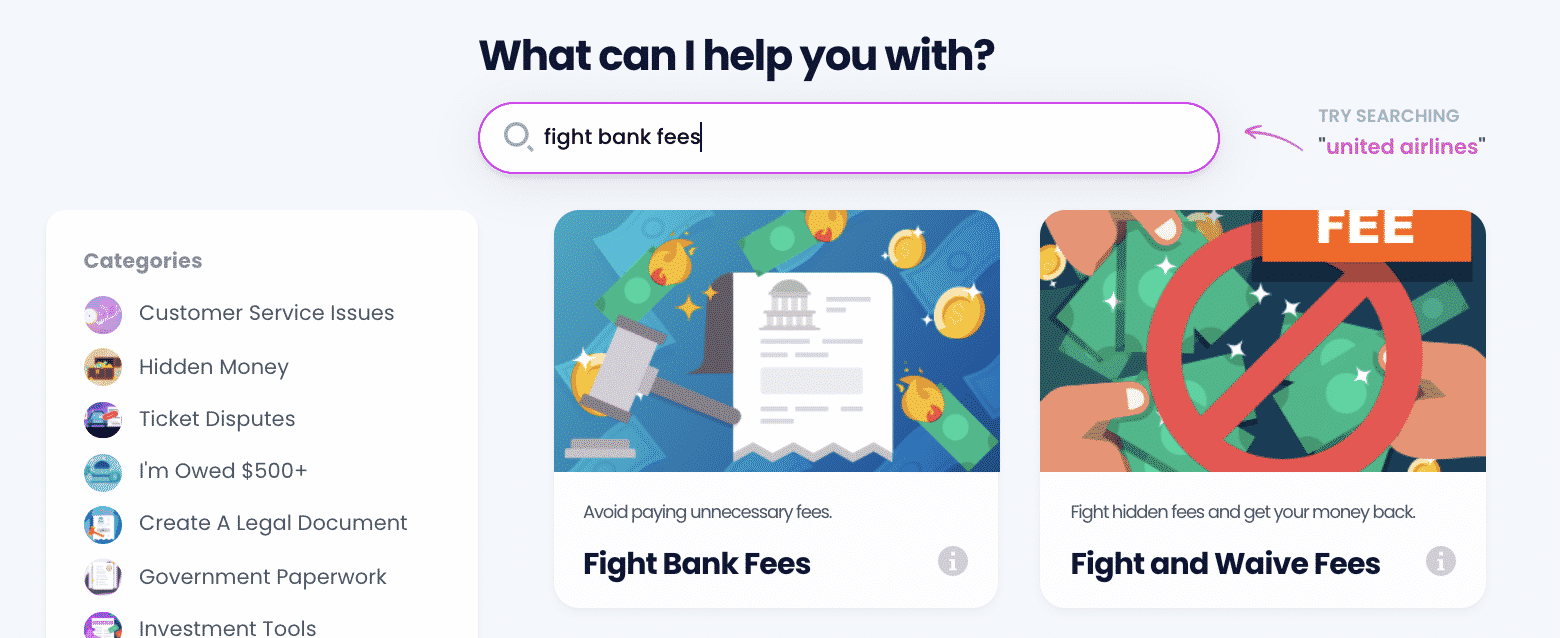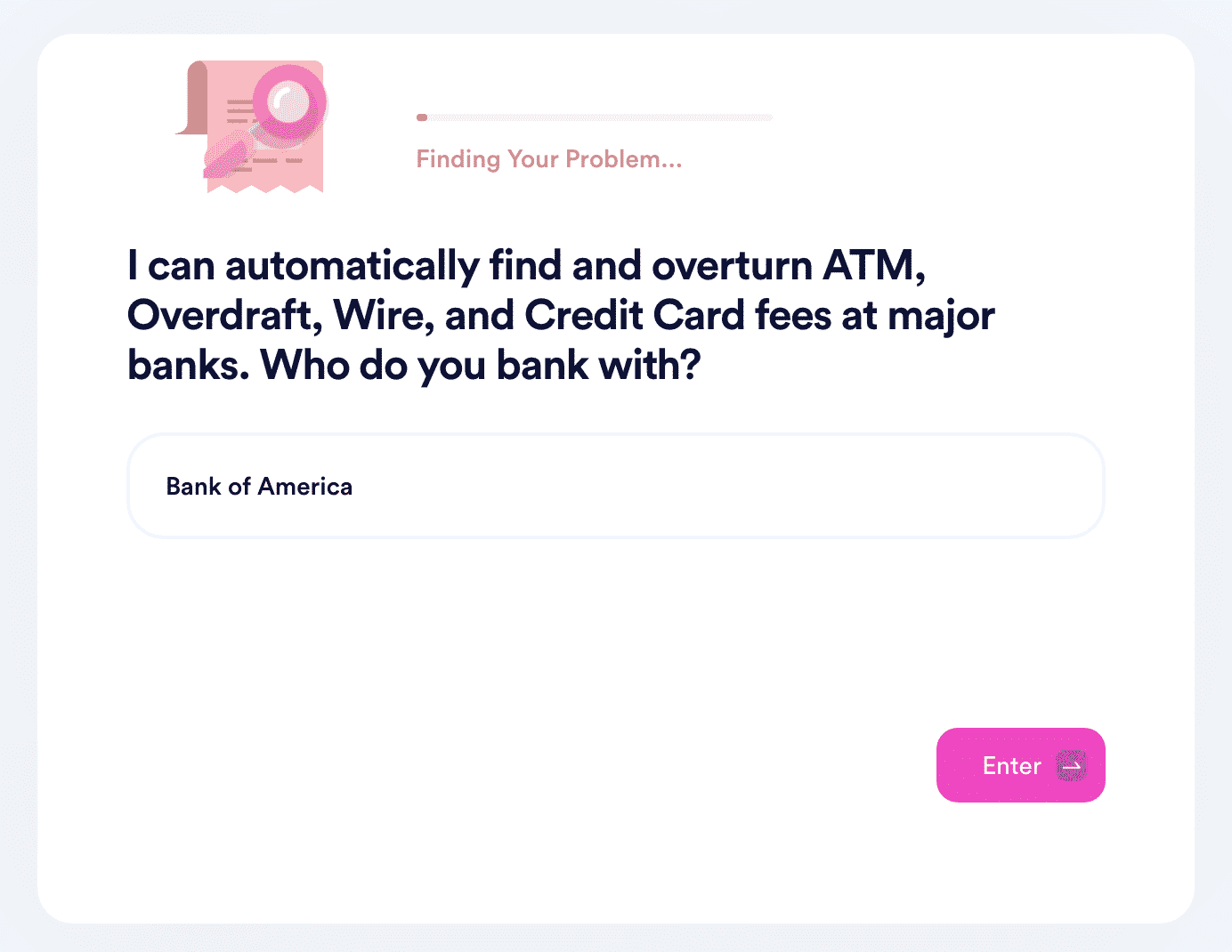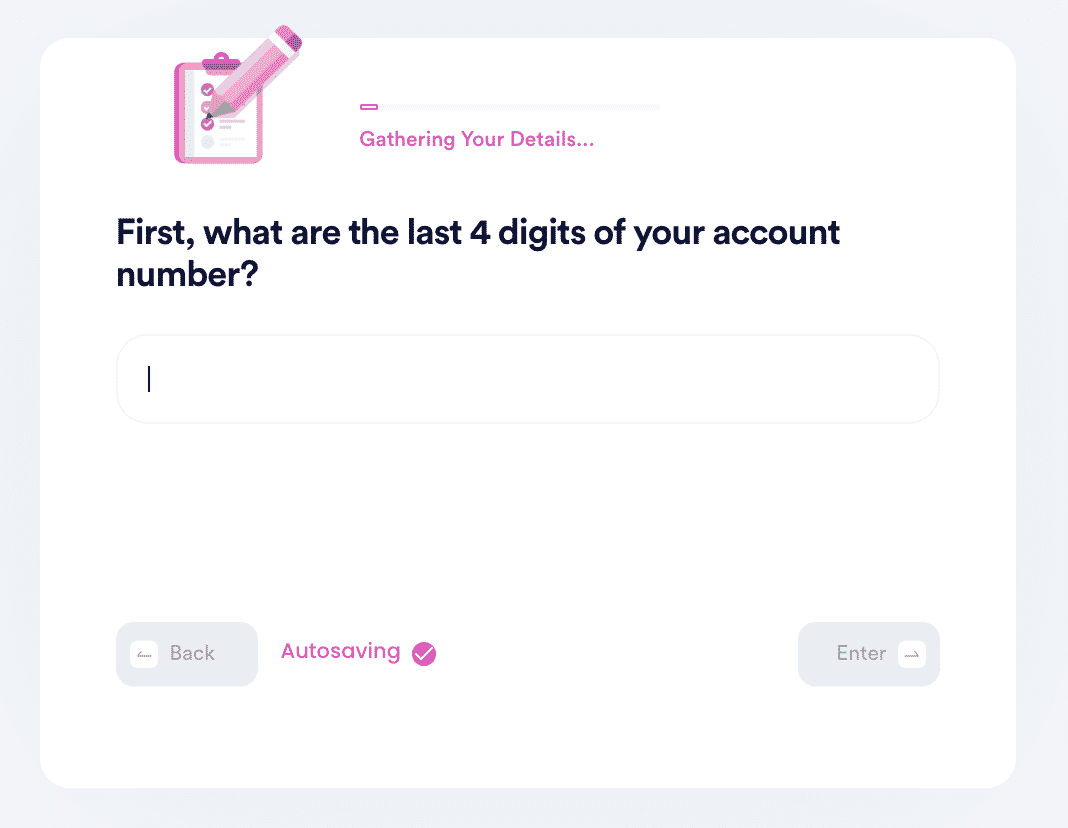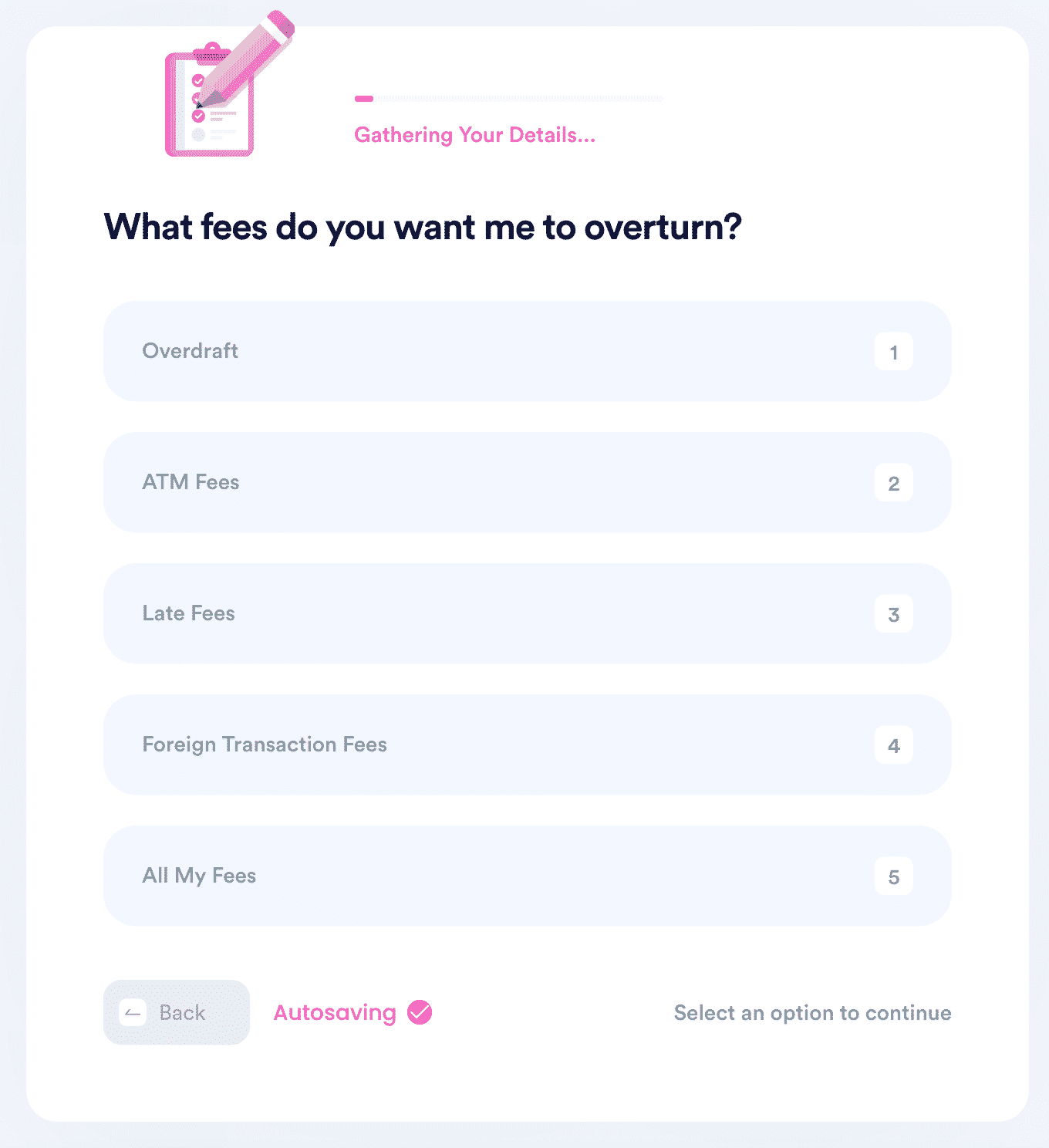How To Fight Chase Bank Currency Exchange Fees
When you need to exchange one currency for another, your bank may charge a fee. This can add up over time, so it's essential to find a way to avoid these fees. One great option is to use ; this service can help you get around Chase bank currency exchange fees.
DoNotPay is a free mobile app that can help you fight Chase bank currency exchange fees. The app provides step-by-step instructions for submitting a complaint to the Consumer Financial Protection Bureau. In addition to helping you avoid unnecessary fees, DoNotPay also offers support for a range of other issues. Whether you're struggling with debt, trying to cancel a service, need to dispute overdraft fees, or have another consumer complaint, DoNotPay can help.
What Are Bank Currency Exchange Fees?
When receiving money from a foreign country, one of the many things you need to take into consideration is how you will get your money exchanged. You may also need to send money overseas from time to time. In both cases, your bank will charge bank currency exchange fees.
Chase bank currency exchange fees can be very costly when done over time. For example, if you exchange $1,000 every month, you'll pay a 3 percent transaction fee. This translates to $30 per transaction. That adds up to $360 over the course of a year; this is bound to increase depending on the number of transactions through the year.
Why Does Chase Bank Charge Currency Exchange Fees?
Most banks charge currency exchange fees to help offset the high costs of using their services. Every time you use an ATM outside of the United States, for example, your bank may charge a fee. Some banks might also require additional service fees depending on what type of account you have with them.
How To Avoid Chase Bank Currency Exchange Fees
To avoid these charges, you can take two actions:
|
|
If you need help fighting back against Chase bank currency exchange fees, do not hesitate to use DoNotPay; the app offers easy-to-understand instructions on how to submit a complaint.
How To Fight Chase Bank Currency Exchange Fees on Your Own
To fight Chase bank currency exchange fees by yourself, you can submit a complaint to the Consumer Financial Protection Bureau. Follow these instructions:
- Log in to the CFPB's website. If you don't already have an account, create one now.
- Search for Chase bank in the list of companies. Once you find your bank, select it and look for "File a Complaint" or "Submit a Complaint.”
- On the next screen, fill in your personal information. If you choose to submit an online complaint, you can save it and finish later if necessary.
- Choose the reason why you're filing your complaint. This could be unfair billing practices, false advertising, or another issue with which Chase has wronged you. For this example, we'll choose "has charged unfair fees."
- Tell your story. Include as many details as possible to let the bank know that you're serious. If you have any documentation to support your claims, include them in an attached file or upload a copy for review. Because a Chase bank currency exchange fee dispute is a complicated process, give as many details as possible.
To avoid this complication with your bills, take proactive steps to ensure that you understand the fees associated with foreign transactions. Do not rely on what your bank says; read through all of your statements carefully and contact customer service if you have any questions.
If you need your problem solved fast, DoNotPay can help. The app offers easy-to-understand instructions on how to submit a complaint.
How DoNotPay Can Help
DoNotPay is an AI-powered chatbot that helps with solving many issues, including fighting chase bank currency exchange fees. To use the app, you'll need to provide some information about yourself and your complaint; DoNotPay will then generate a personalized defense that you can submit to the Consumer Financial Protection Bureau.
How To Fight Chase Bank Currency Exchange Fees With DoNotPay
If you want to fight Chase bank currency exchange fees with DoNotPay but don't know where to start, DoNotPay has you covered in 4 easy steps:
- Open the DoNotPay Fight Bank Fees product.

- Enter the name of your bank.

- Verify the last 4 digits of your bank account.

- Choose which fees you want to waive, including overdraft, ATM, and transaction fees.

What Else Can DoNotPay Do?
Beyond , DoNotPay also helps in solving many other disputes. These include:
- Breach of contract
- Small claims court
- Power of Attorney
- Filing a complaint
- Revocable living trust
- Chargebacks and refunds
- Missing money
- Bill payments
- Insurance claims
- Credit card issues
- Gift card cashback
With , you can save money on each foreign exchange transaction and keep more of your hard-earned cash. So if you're looking for a way to beat banks at their own game, be sure to try out DoNotPay. It's easy to use and can save you lots of money in the long run!
 By
By